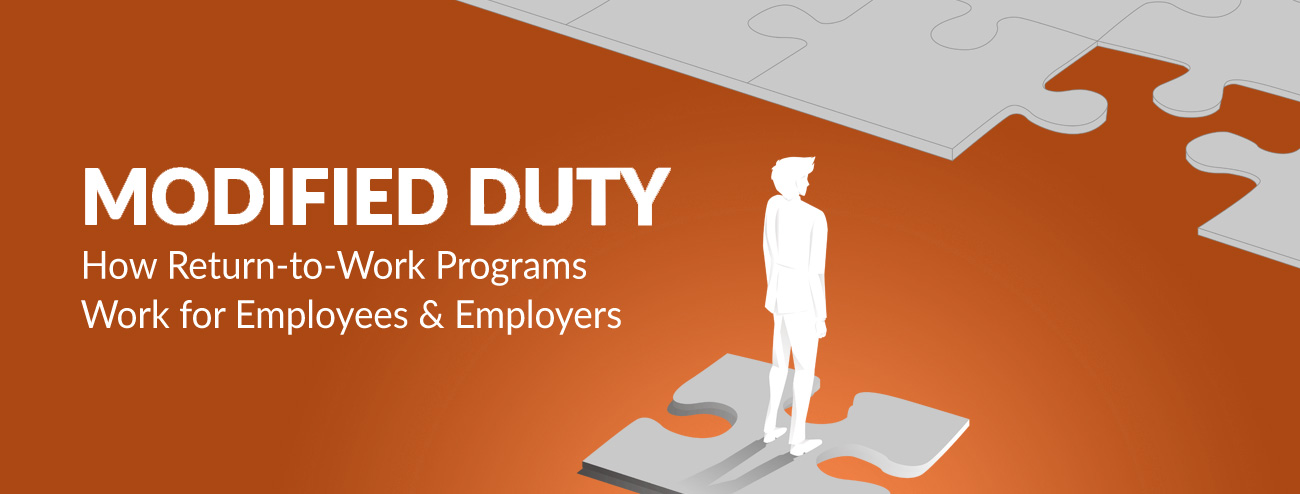Highlights
- HR compliance involves all the processes and policies that businesses need to follow to adhere to labor laws and industry standards.
- Staying compliant avoids penalties and costly fines and promotes an ethical workplace.
- As a part of our PEO services, at Employers Resource we provide you with dedicated HR professionals to keep your business safe. Learn how to get started!
HR compliance should be a top priority for every business. Staying up-to-date on labor laws, regulations, and safety standards within your industry is essential, not just to avoid penalties and costly fines, but to protect employees and promote a good work environment.
However, navigating compliance can be complex and time-consuming.
To help you out, we’ve created this guide that covers the basics of HR compliance. Learn which compliance-related tasks fall under the scope of your HR team, the main laws that your business should keep on their radar, common compliance issues, and how to keep your company on the safe side.
Let’s go right to it!
What Is HR Compliance?
HR compliance, or Human Resources compliance, involves all the processes, policies, and practices that companies need to follow to be aligned with labor laws, regulations, and industry standards.
The main goal of HR compliance is minimizing legal and regulatory risks for businesses while creating a fair and ethical workplace.
What Is the Role of HR in Compliance?
HR departments are responsible for ensuring companies adhere to labor laws and follow specific requirements at the federal, state, and local levels.
Also, they are in charge of developing and communicating the company’s policies and practices, which are often described in an employee handbook.
Briefly, these are the main tasks related to compliance for HR teams:
- Develop workplace policies and procedures. This includes non-discrimination and anti-harassment policies and the employee code of conduct.
- Stay informed of changes in employment laws and regulations. HR teams need to have specialized professionals on board, who can keep an eye on legal updates that might impact their business.
- Provide training programs for employees and managers. Compliance training is key to raising awareness on topics like workplace safety, diversity and inclusion, and anti-harassment.
- Handle employee’s concerns or complaints related to workplace issues. HR teams must be prepared to address conflicts, investigate complaints that might arise, and act based on legal requirements.
- Ensure that recruitment and hiring processes comply with equal employment opportunity (EEO) laws. HR professionals need to ensure safe and non-discriminatory practices through every step of the hiring process, from job ads to interviewing, and selection.
What are the Most Important HR Compliance Laws?
If you are running a U.S.-based business, you need to adhere to federal, state, and local legislation.
HR compliance regulations ensure that employees are paid equally and fairly, protect them against discriminatory practices, and establish workplace safety measures.
But which are the main laws you need to know? Read on and keep this information at hand!
- Fair Labor Standards Act (FLSA). The FLSA protects employees against unfair work practices. It sets minimum wage, overtime pay eligibility, recordkeeping requirements, and child labor protections.
- Title VII of the Civil Rights Act of 1964. This law protects employees (and job applicants) against discrimination based on their race, color, religion, sex, or national origin.
- Family and Medical Leave Act (FMLA). The FMLA provides eligible employees with up to 12 weeks of unpaid, job-protected leave per year for certain family or medical reasons.
- Occupational Safety and Health Act (OSHA). OSHA sets standards for workplace safety and health.
- Equal Pay Act (EPA). The EPA prohibits pay discrimination based on gender. Employers must ensure that employees of the opposite sex receive equal pay for equal work.
- Immigration Reform and Control Act (IRCA). IRCA requires employers to verify the identity and employment eligibility of all employees hired in the United States.
- Americans with Disabilities Act (ADA). The ADA prohibits discrimination against individuals with disabilities and requires employers to provide reasonable accommodation to qualified employees with disabilities.
- Employee Retirement Income Security Act (ERISA). ERISA sets standards for employee benefit plans, including health and retirement plans.

What are HR Compliance Common Issues?
HR compliance can be challenging. Here are some of the most common HR compliance issues that companies should be watching for:
Misclassifying Employees
Employee classification has a direct impact on employees’ salaries and the rights and benefits they are entitled to. In the U.S., there are two primary classifications related to employment laws: exempt (employees paid on a salary basis) and non-exempt employees (independent contractors who are paid hourly and are eligible for overtime pay).
“10 to 30% of employers misclassify their employees as independent contractors.”
– National Employment Law Project (NELP)
Misclassifying workers has a significant cost for individual workers and federal and state tax revenues, and can result in costly penalties for your business.
Wage and Hour Violations
Common wage and hour violations include paying employees less than the applicable minimum wage, failing to pay employees for all their worked hours, or not paying overtime.
Businesses can also face penalties for failing to maintain accurate records of hours worked, wages, and other employment-related information.
Inadequate Employee Documentation
Another frequent HR compliance issue is not keeping accurate records of employee files, performance evaluations, and disciplinary actions.
This may lead to difficulties in defending against legal claims, challenges in performance management, and complications during audits or investigations.
Non-Compliance with Leave Laws
Various leave laws govern employee absences from work for reasons such as illness, family obligations, and personal reasons.
Failure to provide required leaves as stated by FMLA can result in lengthy, time-consuming, and expensive lawsuits.
The reasons for legal action include discriminating or discouraging employees from using their FMLA leave and underpaying leave benefits, among other situations.
Incomplete I-9 Compliance
Another risky HR compliance issue is failing to complete and retain Form I-9 for all employees. This form serves as a confirmation of an individual’s eligibility to work in the United States. It also serves as a valuable document that verifies their identity and work authorization.
The consequences of incomplete I-9 compliance may include fines, penalties, and potential legal action by immigration authorities.
How to Improve Your HR Compliance?
There are many things that HR teams can do to improve HR compliance. Here are a few pieces of advice to keep in mind:
- Stay Up to Date with Laws and Regulations. Regularly monitor changes in employment laws and regulations at the local, state, and federal levels. Subscribing to legal updates, attending seminars, and participating in compliance training can help your HR team keep up with compliance requirements.
- Conduct Regular Compliance Audits. Internal audits can be useful to assess HR practices and identify areas of non-compliance. Use checklists to systematically review policies, procedures, and documentation.
- Document Policies and Procedures. Keep clear and up-to-date written policies and procedures that comply with legal requirements. Communicate these policies to your employees and ensure they have access to the information.
- Implement Technology Solutions. Use HR management software and technology tools to streamline compliance processes, such as record-keeping, reporting, and employee time and attendance tracking.
- Outsource Compliance to a Specialized HR partner. HR and compliance partners can handle compliance requirements for you, providing expert guidance and support.
Receive Up-to-Date Advice in HR Compliance with Employers Resource Management Company
Staying aligned with federal, state, and local regulations is crucial to avoid penalties, protect your employees, and promote a fair and ethical workplace.
HR teams play a key role in compliance, whether it’s developing policies, keeping up with legal updates, or handling employee concerns, among other tasks. However, this often takes a lot of time and requires legal expertise.
Delegating compliance-related matters to a specialized partner can be a smart move if you have a small HR team and want them to focus on more strategic activities.
At Employers Resource, we provide PEO services for small and mid-sized businesses that need stress-free solutions to handle payroll, compliance, and employee benefits.
Contact us to learn how we can keep your business (and your employees) safe and thriving!





